Aid agencies in the eye of the storm
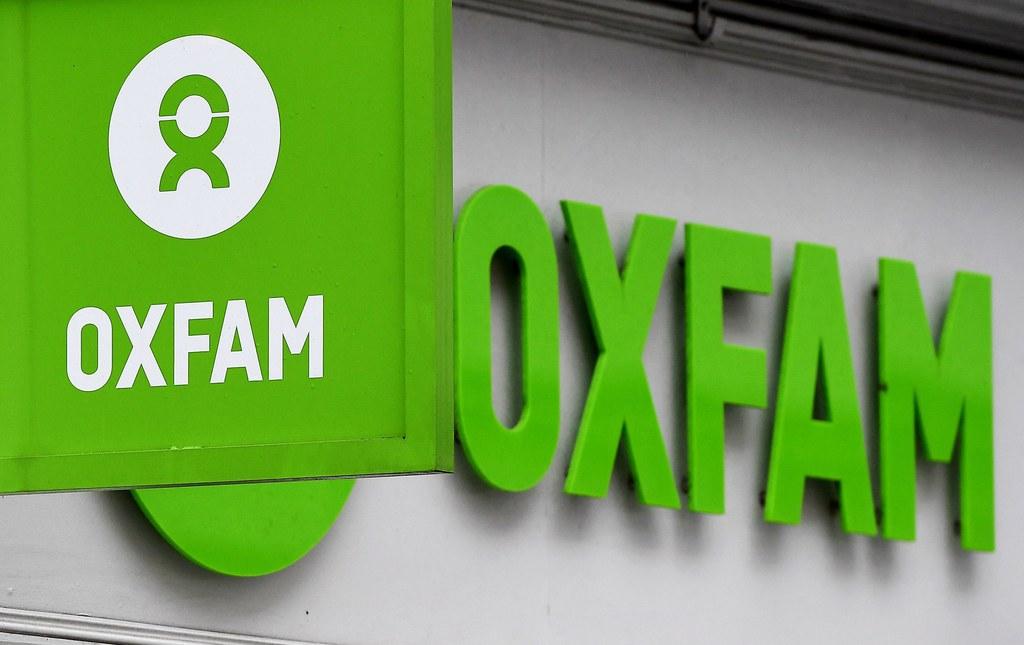
It’s the perfect storm. Aid workers – the world’s modern-day saints in many eyes – are suddenly portrayed in the headlines as the vilest of sinners.
The scandal around mega charity Oxfam, in which senior staff members are alleged to have used prostitutes in Haiti in 2011, has attracted global attention – and global disapproval.
The idea that people who have flown into a disaster zone, ostensibly to help the poorest and most vulnerable, should then engage in sexual exploitation, has disgusted many once loyal supporters of Oxfam and fuelled an already heated debate in Britain over the value of foreign aid.
In Geneva, UN aid agencies – many of which use Oxfam as an implementing partner – braced themselves for the inevitable deluge of questions: “Who, when, how many, why didn’t you?”, etc.
Dangerously confused debate
And while the agency spokespersons in Geneva patiently addressed those questions, repeating over and over again the UN’s policy of ‘zero tolerance’ for any form of sexual exploitation or abuse, it soon became clear that, worldwide, this had become a dangerously confused debate.
In the British tabloid press, sensational headlines alleging, “UN aid workers raped 60,000 people” or suggesting that UN aid agencies employed thousands of “paedophiles” did damage that no amount of correction can easily undo.
Never mind that the methodology used by long-time UN critic Andrew MacLeod to arrive at the figure of 60,000 is completely bogus; never mind that he has since distanced himself from those headlines, millions of people have read them.
“Everybody thinks those figures are completely insane,” fumed one highly experienced female UN aid worker. “It’s unfortunate because it actually takes credibility away from what is a serious issue.”
Peacekeepers or aid workers?
One of the key problems with the current debate, some UN officials suggest, is the way it has confused cases of sexual abuse by UN peacekeepers with similar allegations against aid workers.
When Andrew MacLeod took his figure of 60,000 rapes into the studios of the world’s major broadcasters, he was forced to explain that it was based on a much smaller number of abuses committed by peacekeepers, which he had multiplied several times and then attributed to aid workers.
Cases of sexual abuse by UN peacekeepers in Bosnia, in Liberia, and in the Central African Republic have been well documented, and led the UN to develop a strict code of conduct and a rigorous investigative process.
But UN peacekeepers remain under the jurisdiction of the countries they come from, so while the UN may conduct an initial investigation and contribute evidence, any prosecution is carried out by the nation state that contributed the allegedly offending soldier. Time and again, very serious allegations have resulted in, at best, a peacekeeper being sent home.
The UN, while restating its policy of zero tolerance, needs peacekeepers. The unspoken fear is that if the UN insists on very public prosecutions, in which the punishment really does fit the crime, then some countries will simply stop providing peacekeepers.
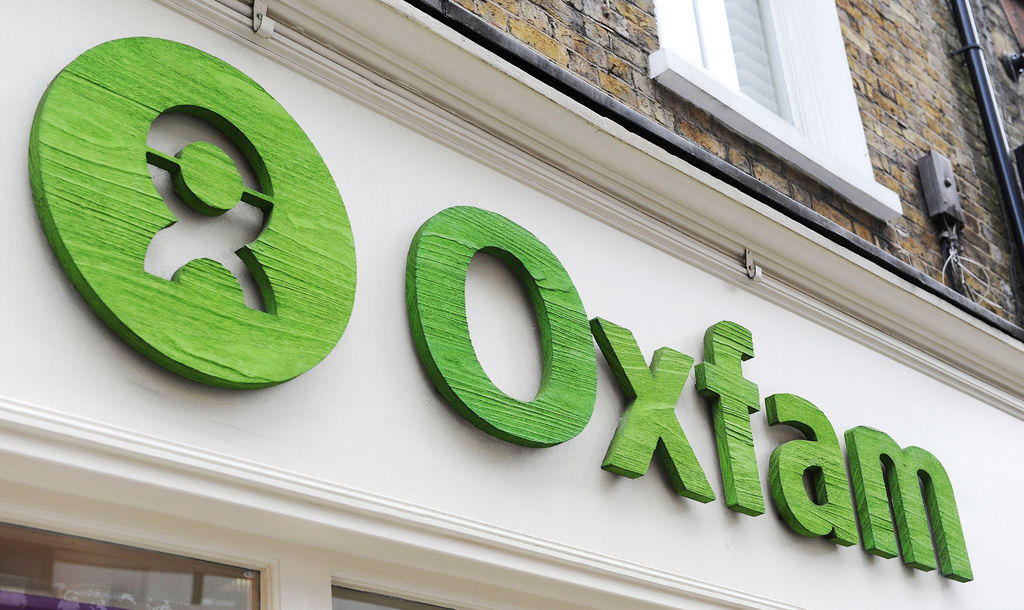
More
Scandal-hit Oxfam has received CHF20.4 million in Swiss funds since 2013
Abuse, exploitation, harassment
The separate – but nonetheless real – issue of abuse, exploitation, or harassment committed by aid workers is one the UN, and aid agencies like Oxfam, have much more power to tackle.
“Every single report or allegation of sexual exploitation, harassment, or abuse is thoroughly assessed,” Andrej Mahecic of the UN Refugee Agency told reporters in Geneva. “If substantiated, it leads to sanctions and summary dismissal.”
So how big a problem is it? When the news of the Oxfam scandal broke, reactions among aid workers appeared divided. Some suggested they were not surprised; others, like Judith Greenwood of the Core Humanitarian Standards Alliance (an umbrella network for aid agencies that commit to a set of common standards and principles) said that she was.
“I have worked in many countries where I was in contact with Oxfam. It was a surprise, and shocking. I think for all of us in the aid sector it’s a shock.”
Oxfam has signed up to the CHS, and all the alliance’s members must have clear policies on sexual exploitation and abuse.
“I think we do have the tools [to tackle abuse],” said Greenwood. “But if cases like this are still coming up we are not doing enough to apply the standards and policies.”
“Sexual abuse by aid workers is unacceptable, and whichever organisation they are working for, that organisation has a duty to investigate and follow up. They idea that people are hurt by those who have come to help them is unacceptable.”
Swiss government position
On Tuesday the Swiss government said that it would be suspending payments to Oxfam for the time being, DPA and the Neue Zürcher ZeitungExternal link reported. The Swiss foreign ministry called for a “complete clarification of events” before any payments would be renewed.
Lack of transparency?
Ironically, the Oxfam case shows that it did apply the policies: the Haiti staff members were dismissed, and Oxfam also informed UK charity regulators. But despite that, there is a sense that because the public rightly expects the highest possible standards from aid workers, when things do go wrong, there is a tendency to try to keep it quiet. The backlash over Oxfam, which will certainly lead to a reduction in donations to the charity, may only make this hesitancy worse.
“These cases must be dealt with correctly, and transparently,” said Judith Greenwood. “And they must be referred to the appropriate competent authority.”
That last item may be another problem, however. The Haitian government has said Oxfam should have referred its case to Haitian police, since prostitution in Haiti is illegal. Perhaps that would have been the correct course of action, but what, for example, should an aid agency do if a staff member in a war zone or a failed state is alleged to have committed sexual abuse? Informing whichever local warlord has power at the time may actually cause more harm than good.
Nevertheless, there appears to be a consensus that lessons must be learned from what is now becoming the aid sector’s #metoo moment.
There will be more cases: already, questions are being asked about the record of medical charity Médecins sans Frontières in Haiti.
It would be a huge mistake to try to downplay this issue. Even at the risk of reduced funding, the aid sector needs to be very public about how it is tackling sexual abuse and exploitation, and to demonstrate more clearly how the oft-repeated policy of ‘zero tolerance’ actually works.
Perhaps the bravest course of action would be for the aid sector to challenge the image it has until now conspired to promote: tell the public that aid workers are not saints – no one is – and at the same time, show clearly that any abuse or exploitation will not be tolerated.

In compliance with the JTI standards
More: SWI swissinfo.ch certified by the Journalism Trust Initiative
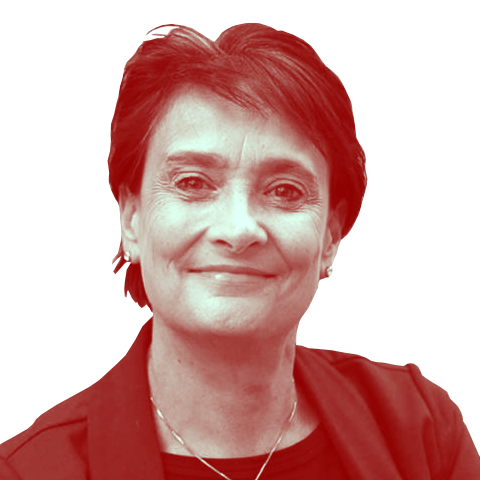
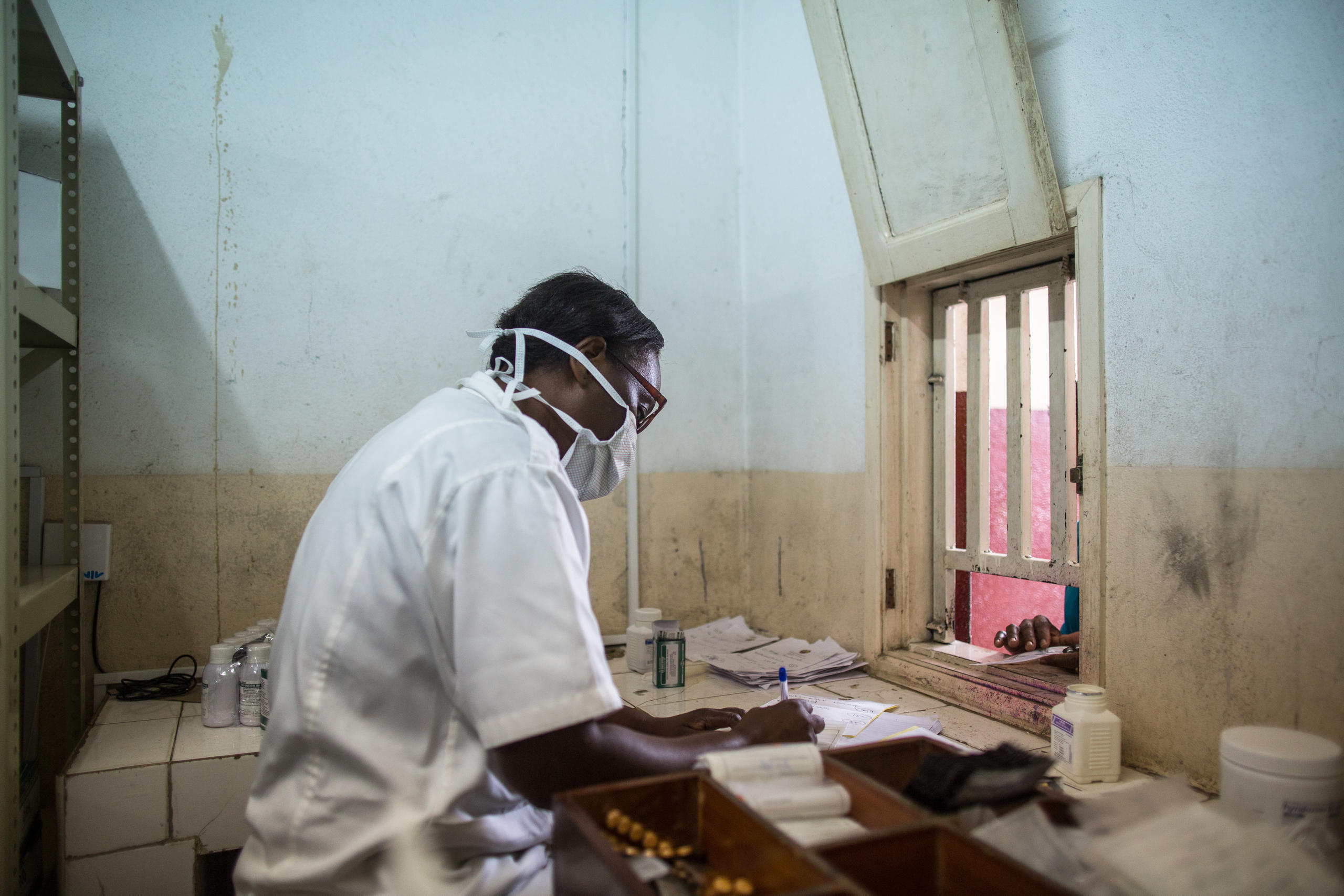
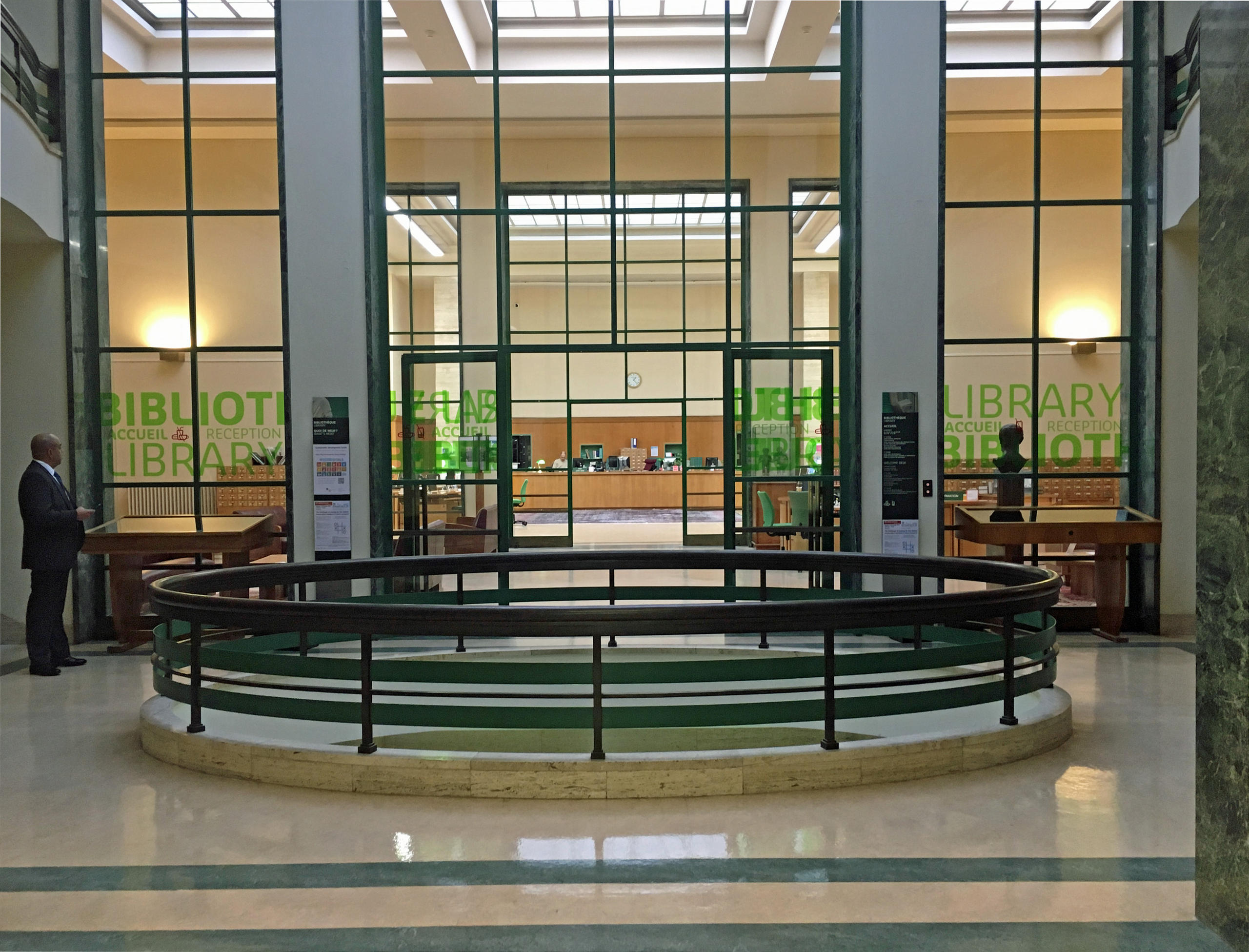
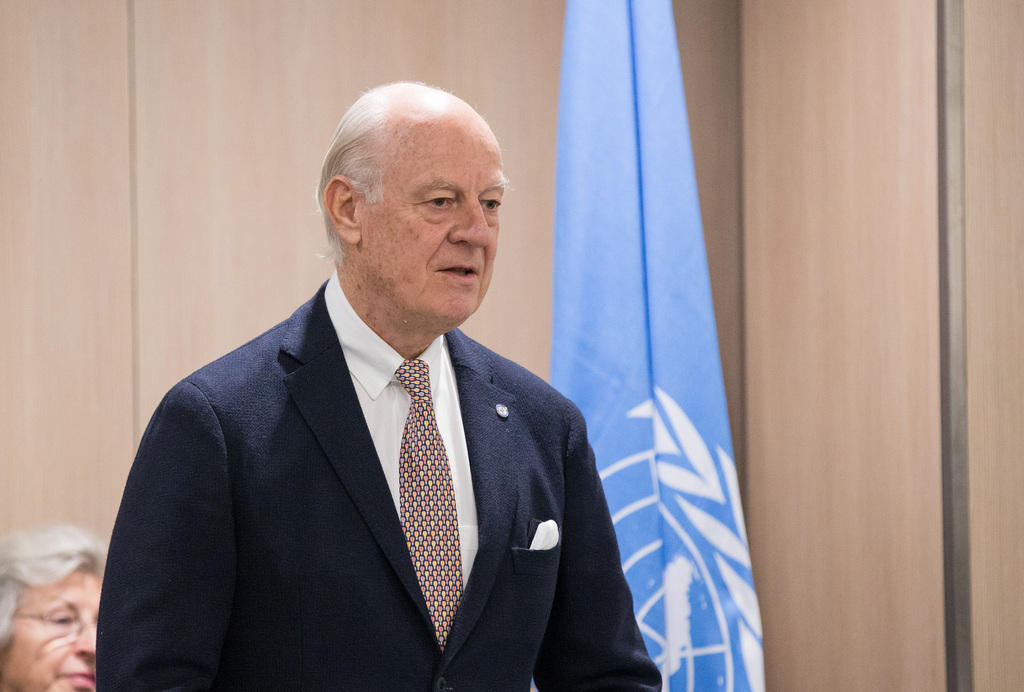
You can find an overview of ongoing debates with our journalists here. Please join us!
If you want to start a conversation about a topic raised in this article or want to report factual errors, email us at english@swissinfo.ch.